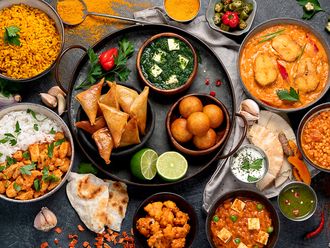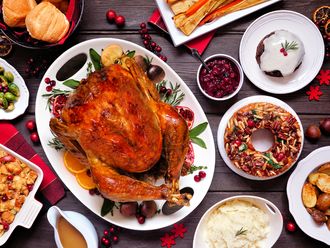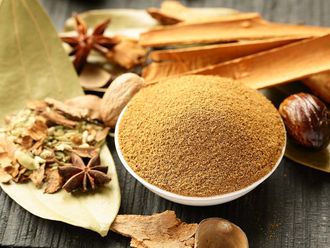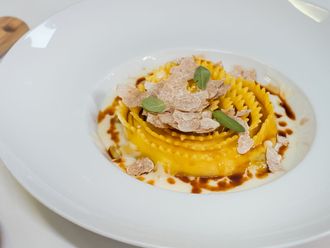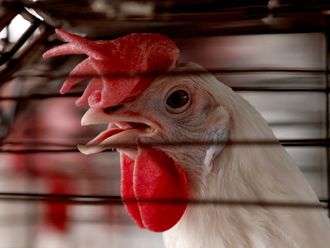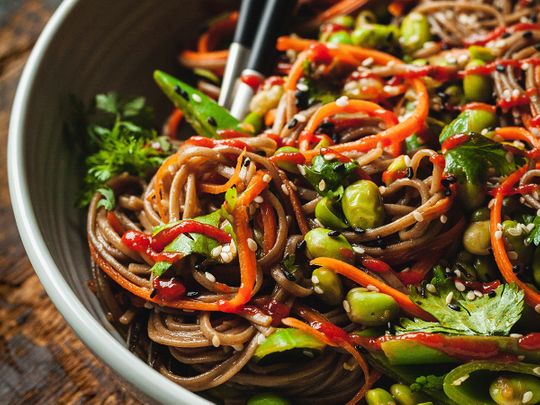
How many times have you been told that adding oil to pasta will prevent it from sticking together?
If you’ve tried out for yourself, you may have noticed that yes, it does stop your pasta from sticking. However, contrary to the popular belief, adding oil to your pasta simply makes it slippery. This also means that any sauce that you add to it will also not blend well with your pasta.
But hey, all is not lost, for it is best advised that you add salt into the water when it comes to a boil, and before you add the pasta.
While this is just one myth, Food by Gulf News went on a journey to decode several such culinary myths.
Myth 1: Refrigerating for longevity
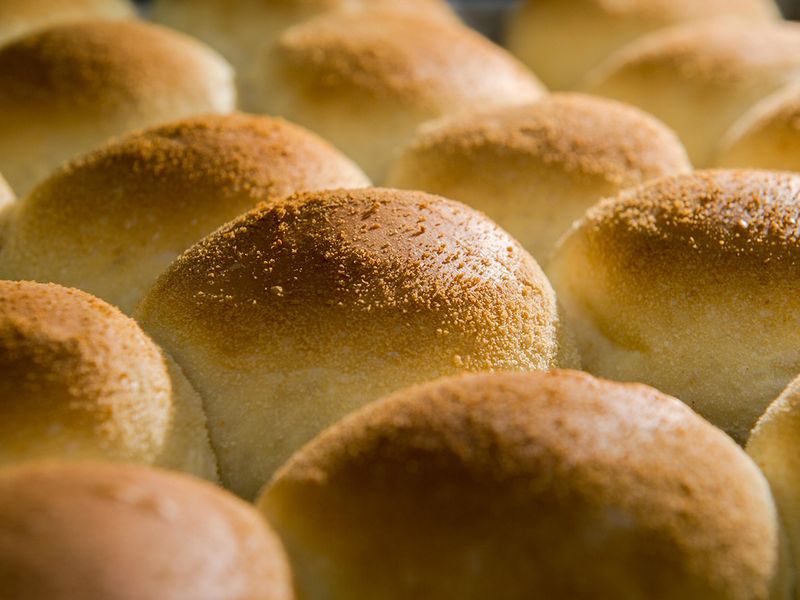
Yes, your refrigerator is definitely a saviour when it comes to storing your food for days on. However, there is an exception when it comes to bread and other baked goods, as they tend to turn stale faster in the fridge than at room temperature (given you have a bread box). Bread often has a very short shelf life, especially if you make it at home, but keeping it in the fridge will cause an alteration of texture – and this is applicable to cakes, muffins, pandesal, pav bread, and other bread variations as well.
When it comes to the freezer, things are a little different, especially if you don’t plan to eat your loaf of bread within a given amount of days. Warming your bread at 60C reverses the staling process, especially because it is at this temperature that the starch forms a gel or gelates.
Myth 2: Cooking rids vegetables of their nutrients
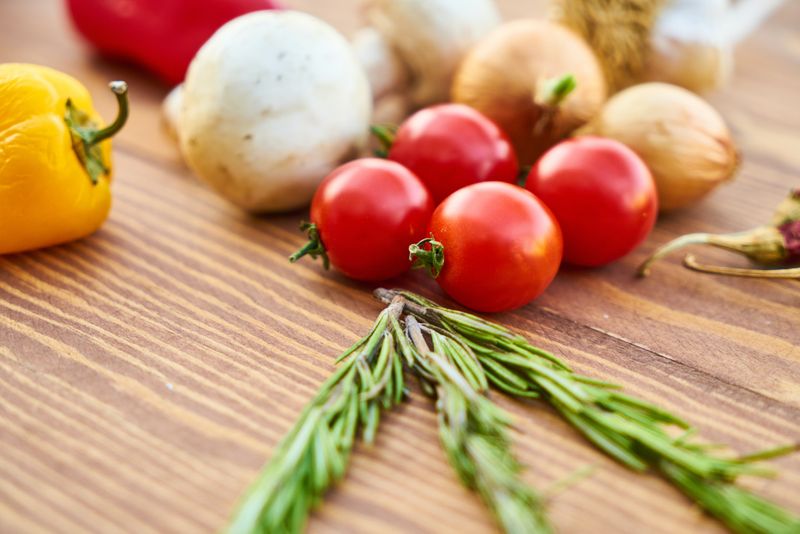
A definite no. While it’s great to consume your vegetables raw, the vitamins and nutrients in your vegetables are seldom affected when you boil or cook them, making it easier to digest it as well. Boiling water-soluble vitamins such as vitamin C and B, may remove a few nutrients into the water, but a majority of them still remain intact.
Myth 3: You can’t refreeze your meat
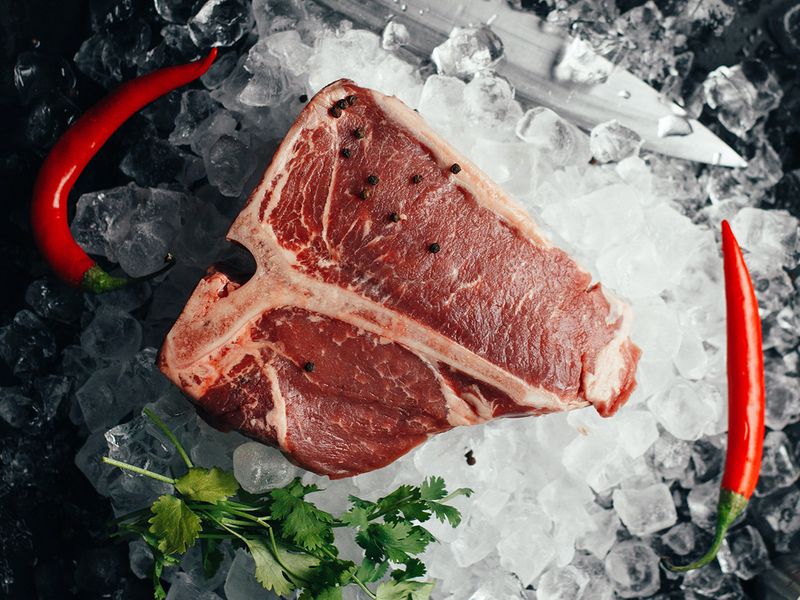
In fact, you can. While ice formation does cause damage to the cell structure of fresh foods to a certain extent, it shouldn’t stop you from refreezing something, especially when it comes to meat. All meat that remains unfrozen has a tendency to grow bacteria, which puts you at a greater risk of contracting health problems. Moreover, if raw or cooked food is thawed in the fridge, it is safe to refreeze if you haven’t recooked it or heated it. However, there will evidently be a change in quality.
Myth 4: Chewing gum while chopping onions
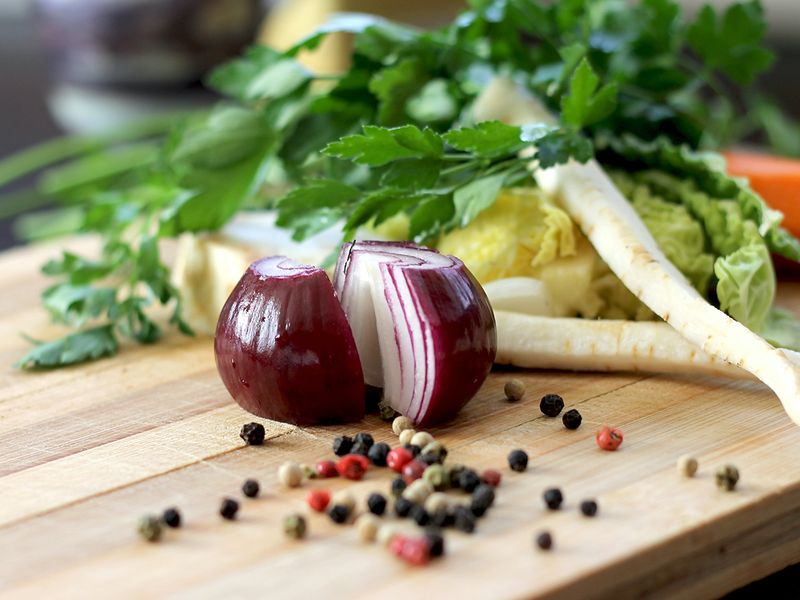
We’ve all shed a few tears while chopping onions. But have you heard that if you chew gum you won’t get any tears? Supposedly, the mint flavour of chewing gum often diffuses the gases that emit whilst chopping an onion. However, it is not true. Because the real trick to chopping onions lies in the knife used for cutting. It’s best done using a sharp knife rather than a blunt one, because a blunt knife could result in you crushing the membrane of the onion. Moreover, make sure you always cut the root at the end. Just like the chefs do!
Myth 5: Flipping your steak
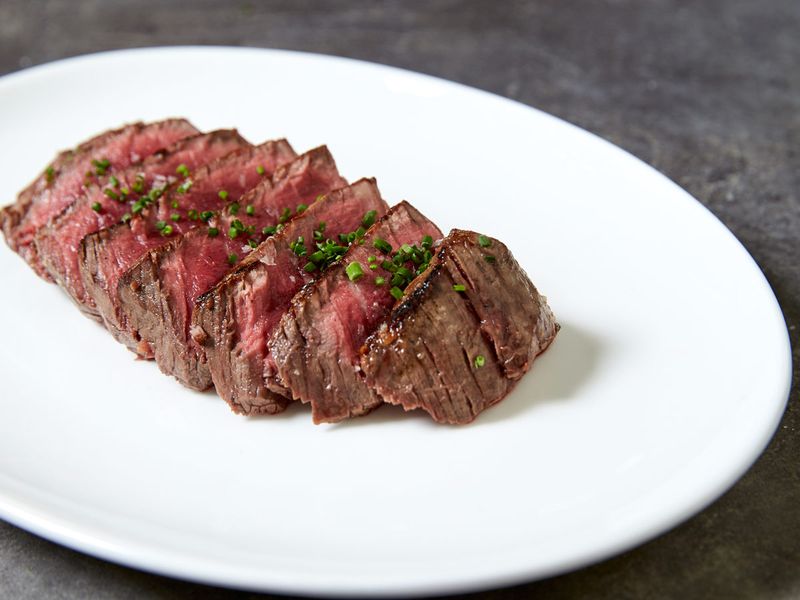
It’s often said that you should restrict yourself to flipping your steak only once or twice. Actually, you can flip your steak over any number of times. A lot of people say that it is the browning of the meat which gives it flavour, although it is not always true. It all relies on the temperature of your pan. Higher the temperature, and you will be able to cook it properly on both sides with lesser cooking time. You can also check out our guide to grilling steak perfectly!
Myth 6: Adding vinegar to boiled eggs
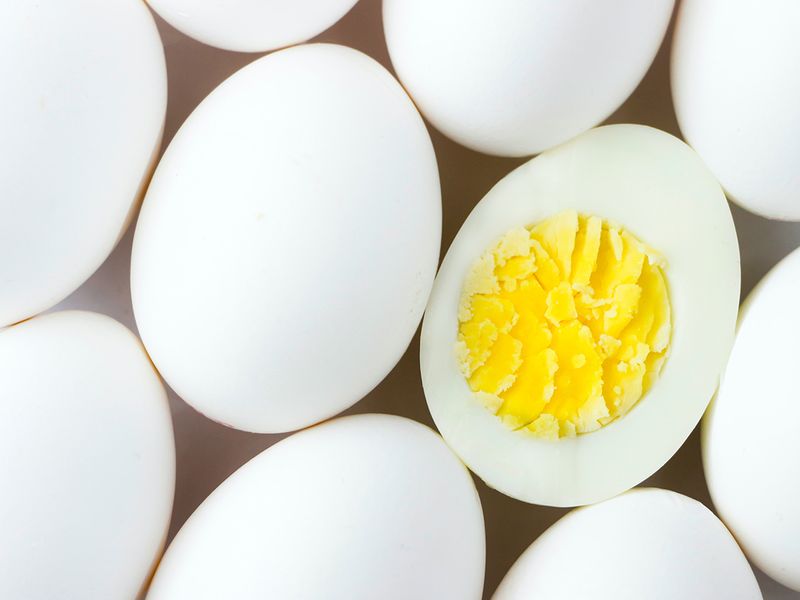
Some say it is quite easier to peel the egg shell off a boiled egg when you add vinegar. But, that’s not true, because peeling your egg primarily depends on the age of your egg. An older egg, tends to be more alkaline, so it’s comparatively easier to peel it once boiled. The easiest trick to peel your egg off its shell is by boiling it (of course) and then placing it in a bowl full of water with ice cubes in it.
Myth 7: Whipping cream flattens when the whipping stops
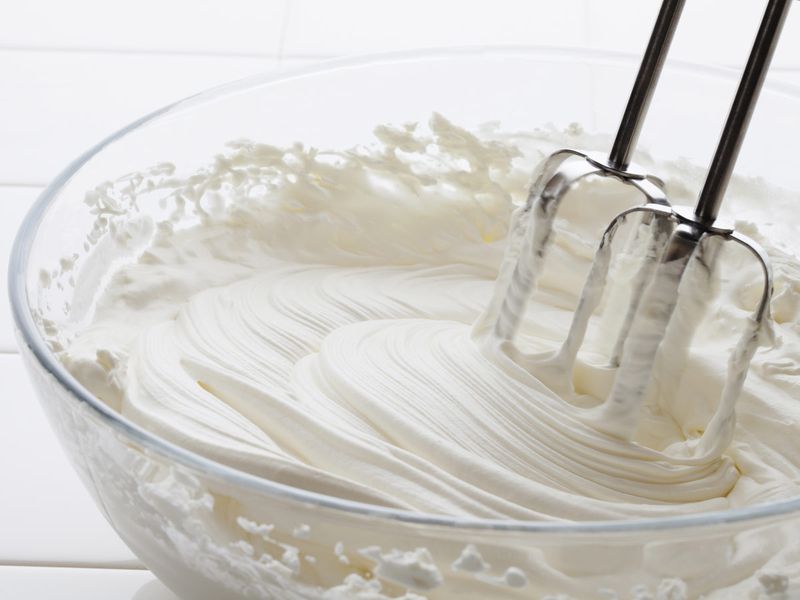
No, it does not. The fluffiness of the whipped cream translates to the air within the cream. This is only affected by the temperature it is at. If you place whipped cream in a warm temperature, chances are you will have a flattened product. So the trick to maintaining the fluffiness is, along with chilling your cream in a freezer, put it in a bowl with a whisk in it. So that when you whip it again, it will stay cold, thereby preventing it from flattening. Moreover, of course, once done store it in the fridge.
Myth 8: Seasoning whenever you want
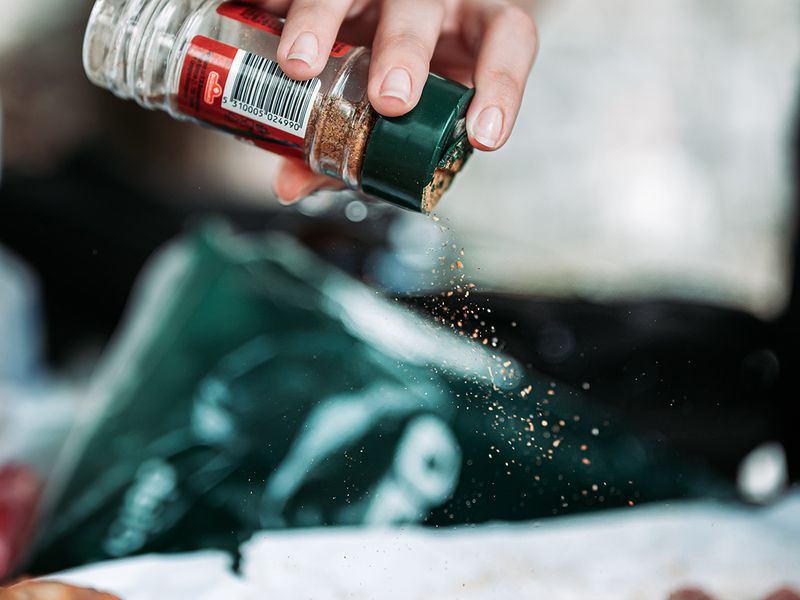
Seasoning is actually an important step while you cook, so it is best advised to season as you go. Cooking a dish comes with complexity and depth, which is why each step has to be followed as per instruction. Seasoning at the end could result in your flavours being on the surface rather than infused into the dish itself, so avoid that at all costs.
Myth 9: Marinating your meat tenderises it
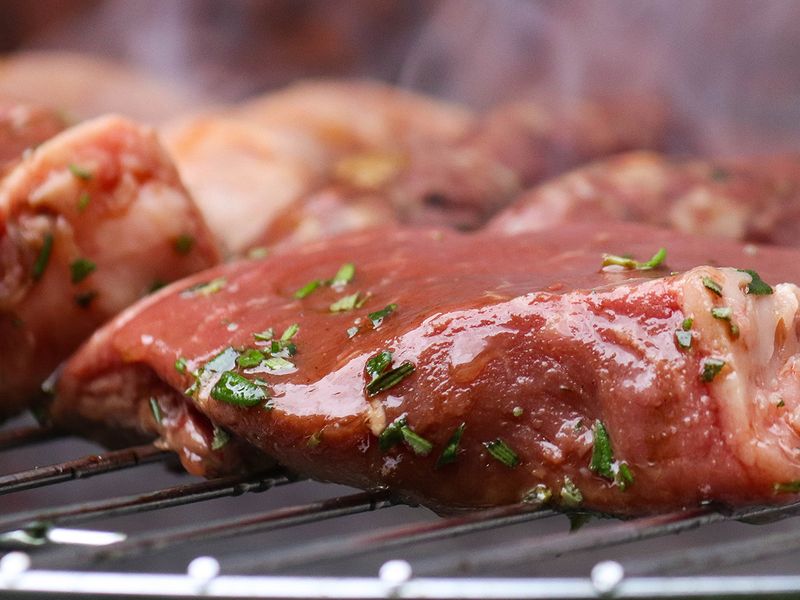
I’ve personally heard this a lot. But it’s only because marinades have a certain level of acidic compounds within it, especially if you are using lemon juice or vinegar. In the end, the real purpose of a marinade is to season and flavour your food and not tenderise it, so it’s okay if it affects the texture of your meat by a small margin.
Do you know of any such myths you would like us to decode? Tell us about it on food@gulfnews.com



